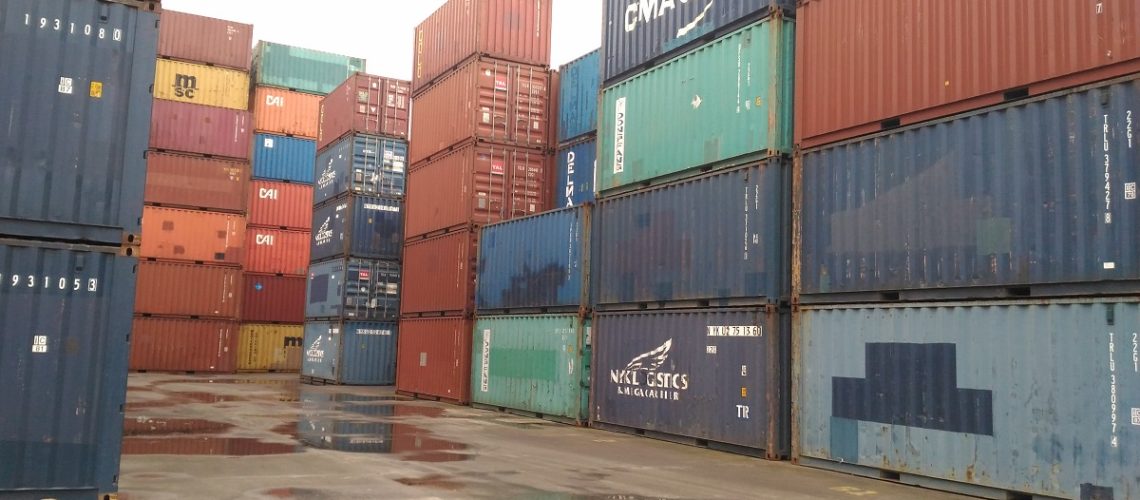An untenable level of risk onset by the Department of Commerce’s anticircumvention investigation has essentially shut down US procurement of PV modules, and Commerce is expected to take its full allotment of 150 days to make a ruling, said an industry note from Phil Shen, managing director, ROTH Capital Partners.
The US Department of Commerce (DOC) launched an investigation into suspected antidumping and anticircumvention in four Southeastern Asian countries that supply 80% of the nation’s solar panels. If violations are found, a 50-250% tariff can be placed on solar panels entering the US. Module prices can represent 50% or more of a project’s cost, so for a $300 million utility-scale project, that’s as much as $375 million in risk. What’s more, the fee is retroactive to the February 8th petition by Auxin Solar led DOC to launch the investigation.
The Solar Energy Industries Association (SEIA) reports that roughly 75% of companies report cancelled or delayed module supply, 50% said that 80% or more of their 2022 project pipelines are at risk, and that the investigation has a “devastating negative impact” on 60% of solar and 35% of storage businesses.
In his industry note, Phil Shen, managing director, ROTH Capital Partners, wrote, “the module procurement process has been turned upside down.” He continued to share that some solar developers may be willing to take on the risk and continue to procure and deploy, but that activity will mostly occur in the distributed generation space rather than the utility-scale. “Our AntiCirc checks this week suggest C-Si utility scale module volume for the rest of the year may largely shut off,” said the note.
Shen’s team believes the DOC will take the full 150 days it is allotted to make a determination on the case, which places the deadline on August 26th. He notes that the passing of Sen. Jon Ossoff’s (D-GA) Solar Energy Manufacturing for America Act may play a role in the determination.
The note added that mid-week, facilities in Vietnam, Malaysia, and Cambodia have started to reduce production.
Shen’s team has also noted an increase in power purchase agreement (PPA) prices and a trend of smaller developers reselling projects to larger developers.
Costs are particularly rising in the distributed generation space, with pricing skyrocketing to $0.60-$0.70/W, rising from last year’s $0.40-$0.50/W/ This translates to residential end-user costs rising from $4-4.50/W to nearly $6/W, said ROTH.
In reaction to the launched investigation, American Clean Power Association CEO Heather Zichal wrote, “American workers will bear the pain of the decision to allow one rogue antagonist (Auxin Solar) to abuse and manipulate trade laws for their own gain. The 230,000 proud Americans who work in the solar industry are calling on President Biden and Secretary Raimondo to reverse their decision and bring this matter to a speedy conclusion. Every day this investigation hangs over the solar community is a day of lost jobs and postponed solar projects critical to the Administration’s climate agenda.”



